Before diving into the sea of CRM software options, it's crucial to assess your specific business requirements. Identify your goals, understand your target audience, and define the specific CRM functionalities that will support your sales, marketing, and customer service processes. Consider factors such as scalability, integration capabilities, customization options, and mobility requirements to ensure that the CRM software you choose aligns with your current and future business needs.
Evaluate the total cost of ownership, which includes not only the upfront purchase price or subscription fees but also hidden costs such as customization, data migration, and integration with existing systems. Factor in long-term costs like updates, support, and scaling the CRM as your business grows.
Establish a budget range with a minimum and maximum amount you’re willing to invest. This will guide your decision-making process, allowing you to filter out solutions that fall outside your financial scope and focus on options that provide the best value for your investment.
Leave room in your budget for unexpected costs that may arise during implementation, such as additional training, unexpected integrations, or third-party plugins. This financial buffer ensures you can handle unforeseen needs without overshooting your budget.
While evaluating CRM software options, consider the key features that are crucial for your business operations. Look for features such as contact management, lead and opportunity tracking, sales pipeline management, marketing automation, customer service ticketing, analytics and reporting, and integration capabilities with other business systems. Assessing these features against your business requirements will help you shortlist CRM solutions that offer the functionalities you need to drive efficiency and growth.
Focus on the must-have features that directly support your business operations, such as contact management, lead scoring, and sales pipeline tracking. These core functionalities should form the foundation of the CRM, ensuring it meets your essential requirements.
Evaluate the automation features offered by the CRM, such as workflow automation, email sequencing, and task automation. Automating repetitive tasks can significantly improve efficiency and reduce manual workload for your team.
Check if the CRM provides robust reporting and analytics tools that allow you to track key performance indicators generate custom reports, and gain insights into customer behavior. This can help make data-driven decisions and optimize business strategies.

Select a CRM with a minimal learning curve, making it easier for your team to get started without needing extensive training. Look for built-in tutorials, guided onboarding, or interactive demos that can help users quickly understand how to navigate the system.
Engage the employees who will be using the CRM in evaluating potential options. Their feedback on usability, layout, and features can ensure the selected solution meets their daily needs and preferences, boosting adoption.
Ensure the CRM vendor offers comprehensive training materials, such as video tutorials, webinars, documentation, and live support. These resources help users become comfortable with the system and overcome any challenges during the adoption phase.
Choose a CRM that allows users to personalize their dashboards, reports, and workflows according to their role or preferences. Customizable interfaces can improve user satisfaction and make the system feel more relevant to each employee's specific tasks.

CRM software should seamlessly integrate with your existing business systems to ensure data consistency and enhance productivity. Consider whether the CRM solution offers integration capabilities with your email client, calendar, marketing automation tools, e-commerce platforms, or other business-critical applications. Integration eliminates data silos, streamlines processes, and enables a 360-degree view of customer interactions across different touchpoints.
Choose a CRM that supports real-time data syncing with other systems. This ensures that any updates made in one platform are immediately reflected in the CRM, providing up-to-date information and improving decision-making.
Look for CRMs with straightforward integration processes, preferably with built-in connectors or third-party integration services An easy setup reduces the time and resources needed for configuring integrations.
Evaluate the CRM's ability to map and match fields between integrated systems. This ensures that data from different tools aligns correctly with the CRM’s fields, improving data consistency and usability.
As your business grows, your CRM needs will evolve. It's essential to choose a CRM software that can scale with your business and accommodate future requirements. Evaluate whether the CRM solution allows for customization, additional modules, and flexible licensing options to adapt to changing business needs. Scalability and flexibility are vital to ensure that your CRM investment remains valuable in the long run.
Ensure the CRM can accommodate an increasing number of users as your team grows. Look for flexible pricing plans that allow you to easily add new users without drastically increasing costs or needing a system overhaul.
Choose a CRM that offers modular features or add-ons that can be activated as needed. This enables you to start with core functionalities and expand the system's capabilities with additional modules .
Assess whether the CRM can accommodate growing data needs, such as additional customer records, documents, and activity logs. Scalable data storage ensures you don’t run into limits that could hinder business operations.
Choosing the right CRM software is a strategic decision that can significantly impact your business's success. By following this comprehensive guide, you can evaluate CRM software options effectively and select a solution that aligns with your unique business requirements.
Remember to assess your business needs, consider your budget, evaluate key features, prioritize user experience, review integration capabilities, ensure scalability and flexibility, prioritize security, and choose a reputable vendor. With the right CRM software in place, you can enhance customer relationships, streamline processes, and drive business growth.
Here’s why we stand out from the
crowd and our due recognition for the
innovation and excellence we pioneer in the industry.
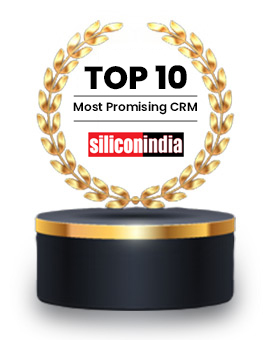
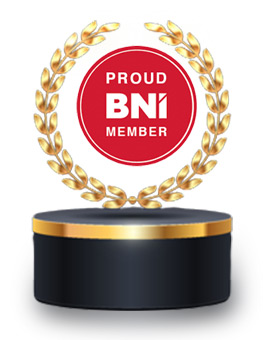

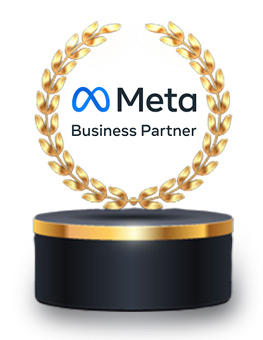
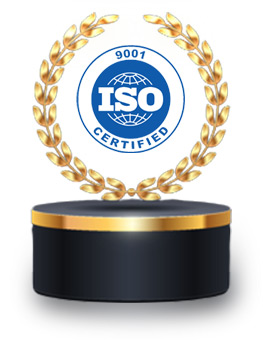
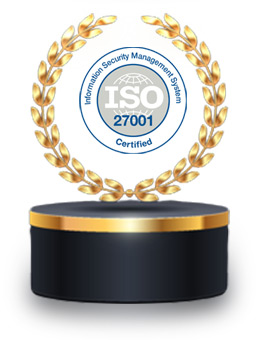

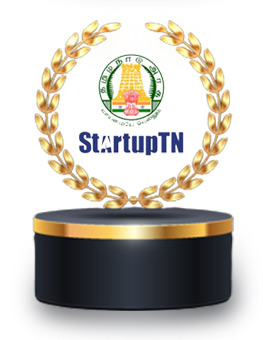

Take your business to the next level. Trusted by 5000+ business globally.